Nigeria – Implementation of Mandatory B2B, B2C and B2G E-invoicing

The Nigerian governing body for tax-related issues, including the Value Added Tax (VAT), Federal Inland Revenue Service (FIRS), announced that, as part of the process of modernizing and improving the Nigerian tax system and its administration and compliance, it plans to implement mandatory B2B, B2C, and B2G e-invoicing.
FIRS developed a plan for digital transformation that includes real-time validation and storage of all B2B, B2C, and B2G transactions.
Current E-invoicing Rules and Future Developments
Under the current rules in place in Nigeria, e-invoices regarding import and export transactions are submitted to the Central Bank of Nigeria (CBN) through a portal dedicated to these purposes. However, as stated in the government initiative to further improve the country's tax system, an online digital solution for e-invoicing will be introduced.
Unfortunately, the timeline and deadlines for implementing the new FIRS system for mandatory B2B, B2C, and B2G E-invoicing, as well as any other technical details, are still being determined and will be published in the future.
Still, FIRS has already launched the FIRSMBS initiative, which provides comprehensive guidance to all concerned parties and stakeholders about e-invoicing, its benefits, and its scope.
Based on the information provided, current rules state that e-invoices contain all important information about suppliers and buyers, supplied goods and services, and VAT amounts, such as data on quantities, prices, and VAT. Supported formats are XML and JSON, and two e-invoice transmission models exist: the first utilizes the FIRSMBS Portal hosted by the FIRS, and the second uses the FIRSMBS eInvoice API.
Furthermore, all invoices must have an Invoice Reference Number (IRN) and be reported within 21 days of the invoice date.
Conclusion
Some expect mandatory B2B, B2C, and B2G e-invoicing rules to be in place in 2025. The Nigerian government is eager to introduce digital reporting as soon as possible, as it wants to increase tax collection and further implement monitoring tools to ensure an even higher level of transparency and compliance with VAT legislation. Consequently, this should increase the government budget and reduce tax and VAT evasion.
Source: Sovos, Federal Inland Revenue Service

More News from Africa
Get real-time updates and developments from around the world, keeping you informed and prepared.
-e9lcpxl5nq.webp)





-rhc39covsa.webp)
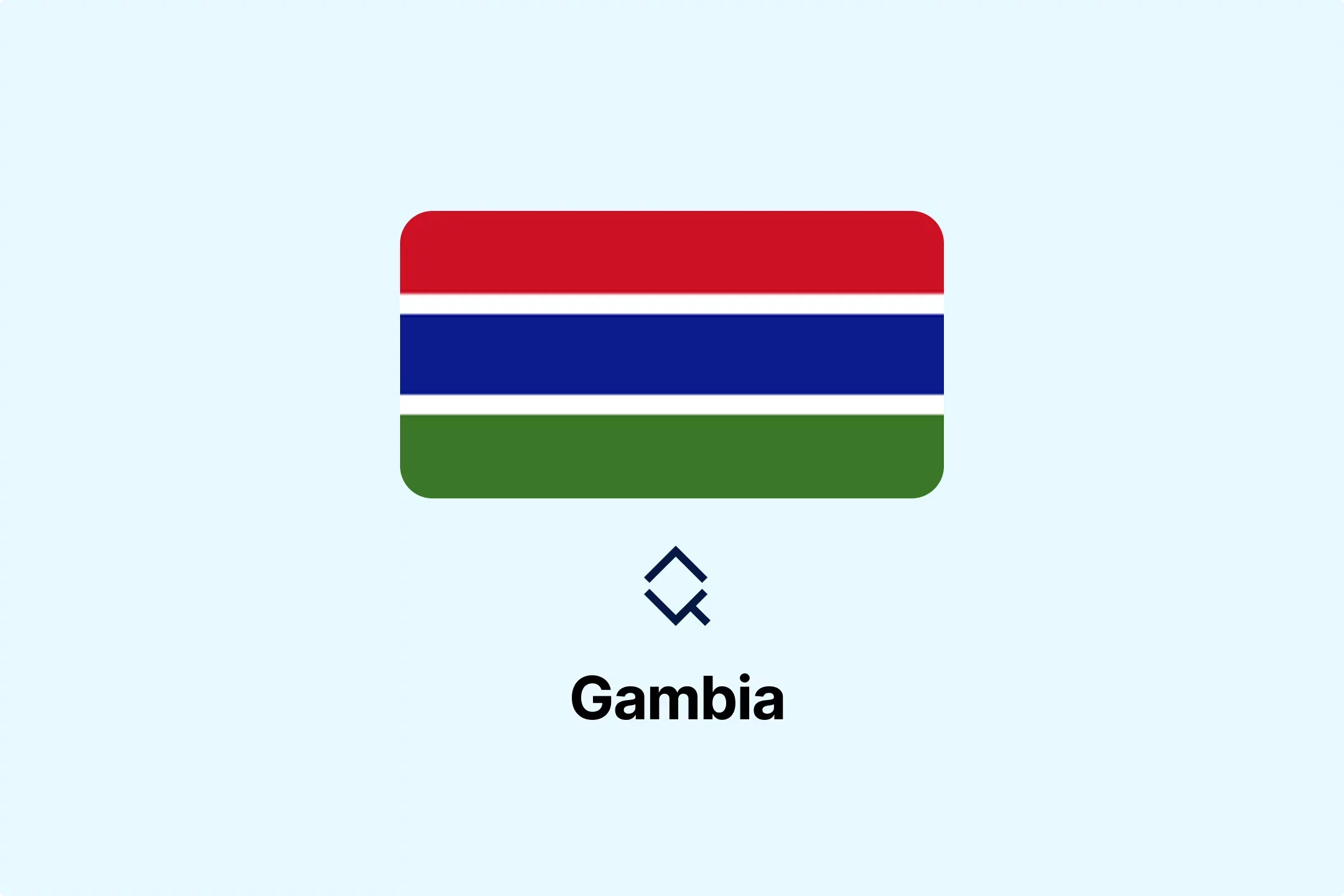
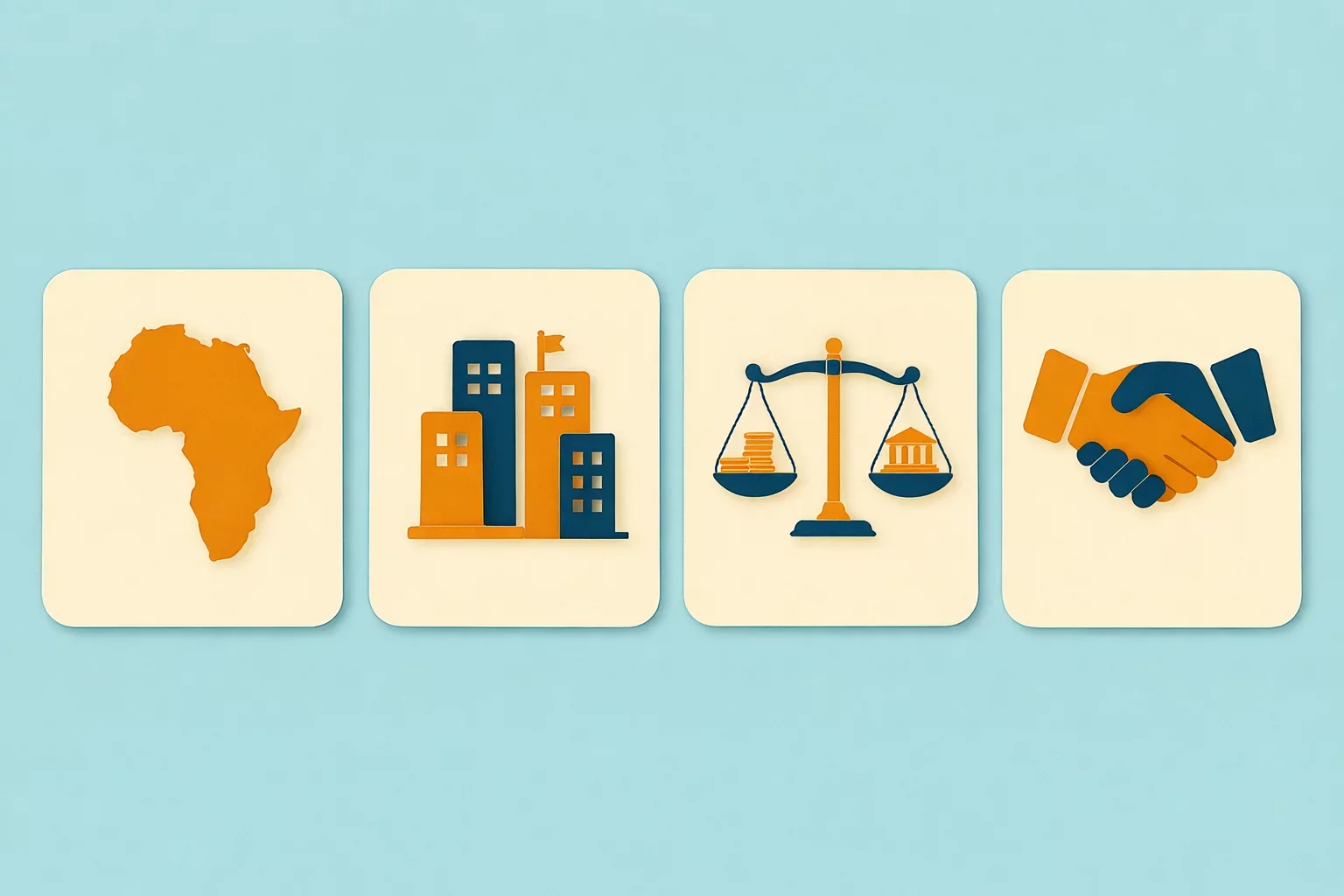
-fegt1crxvf.webp)

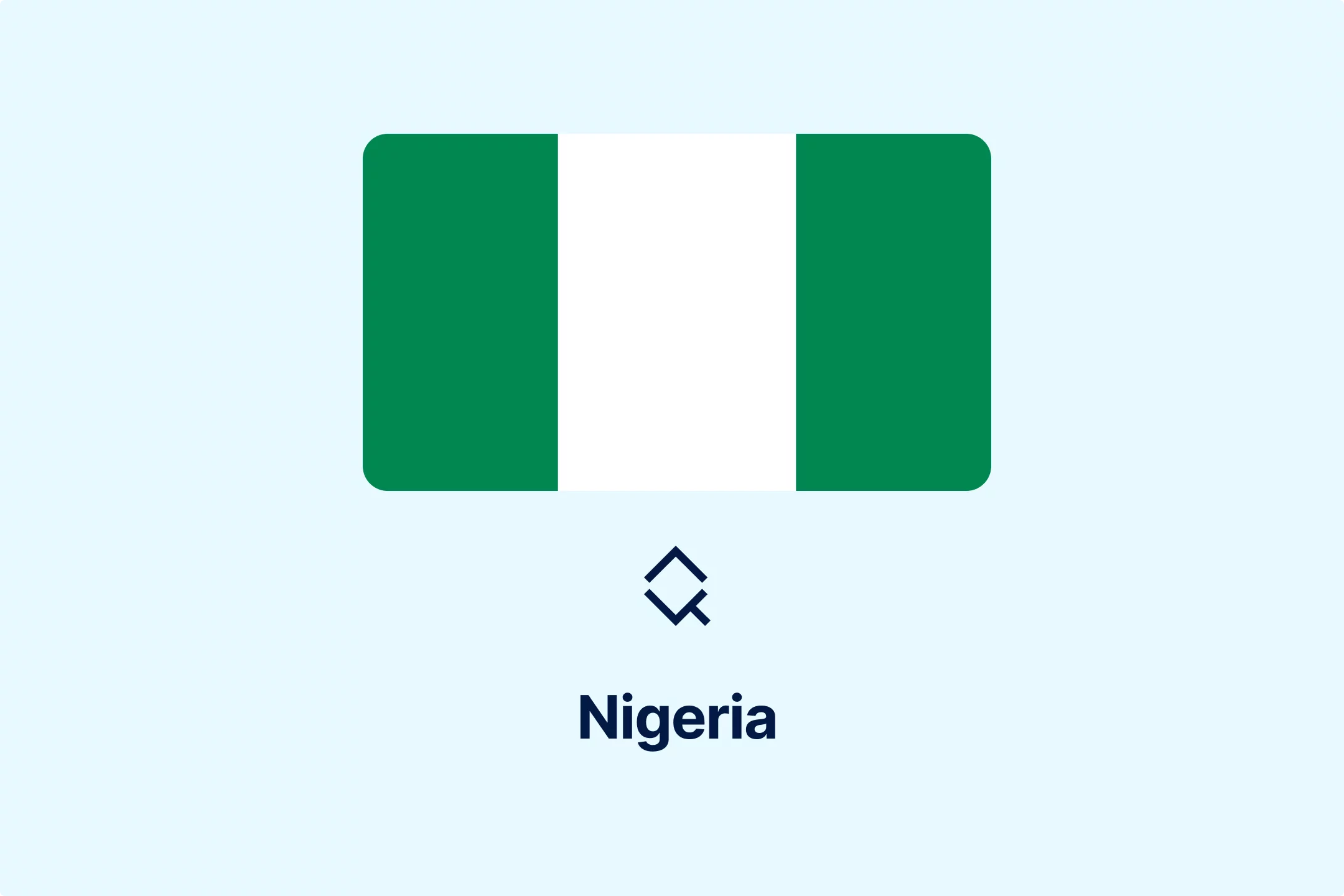
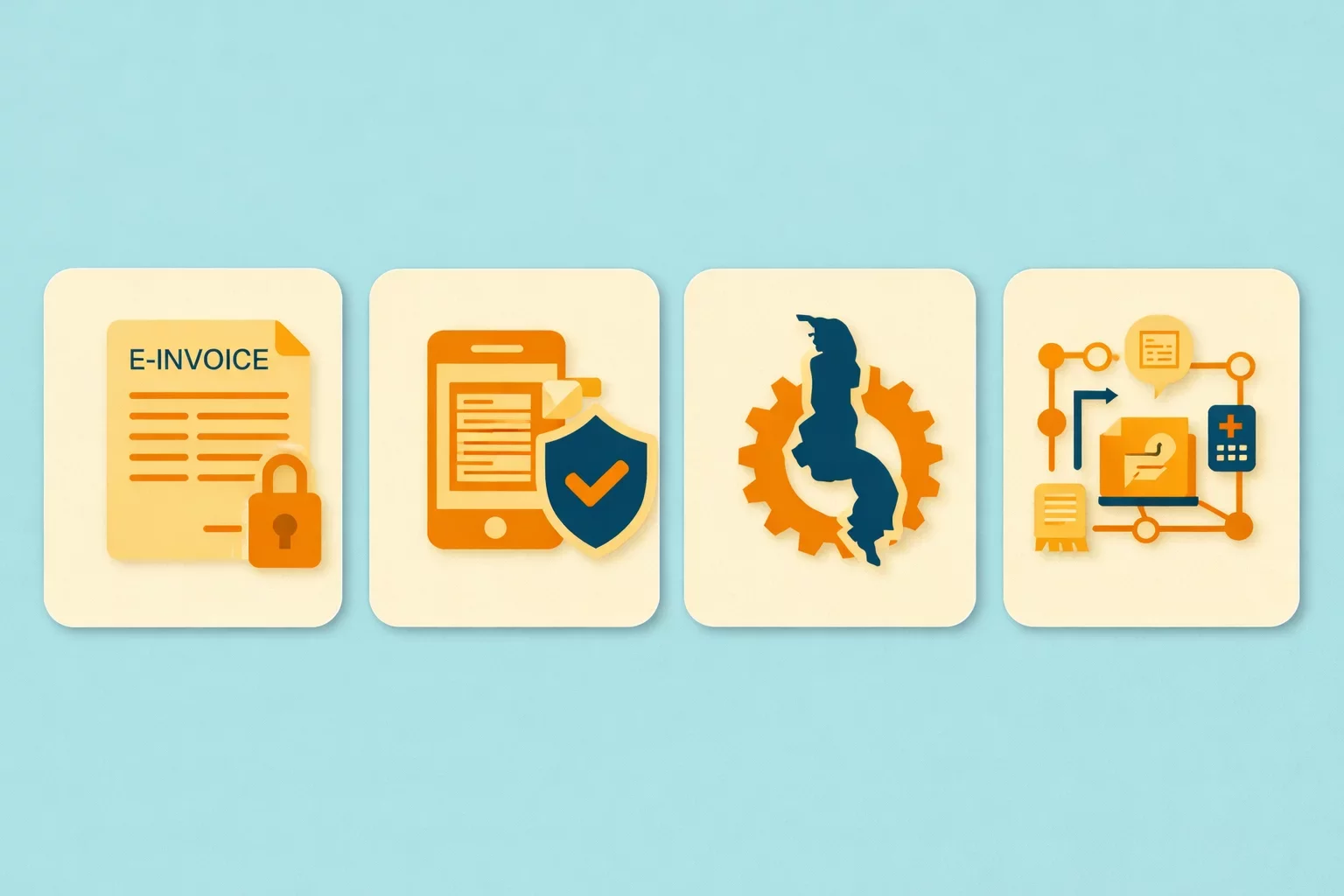

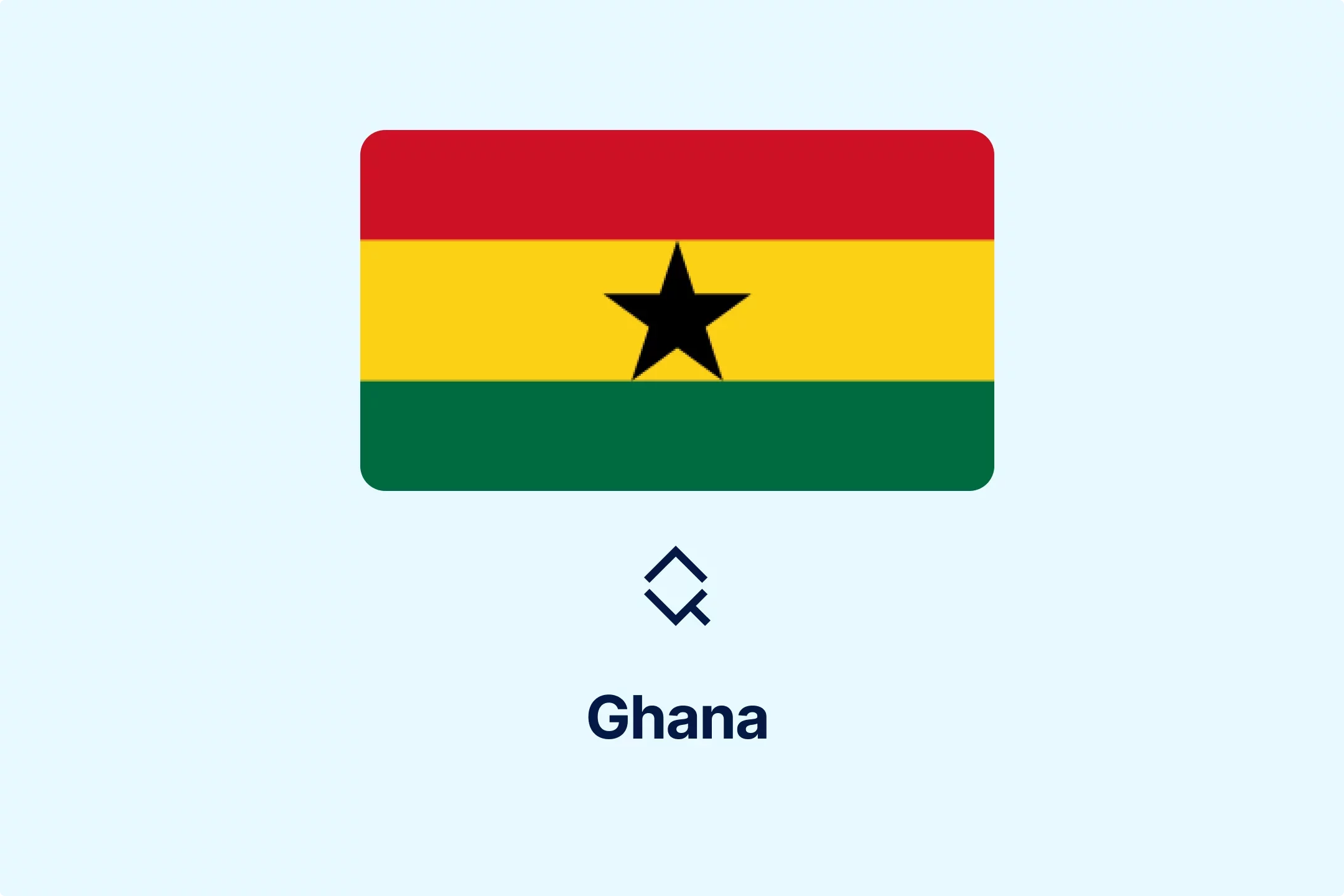
-yzgflot48e.webp)

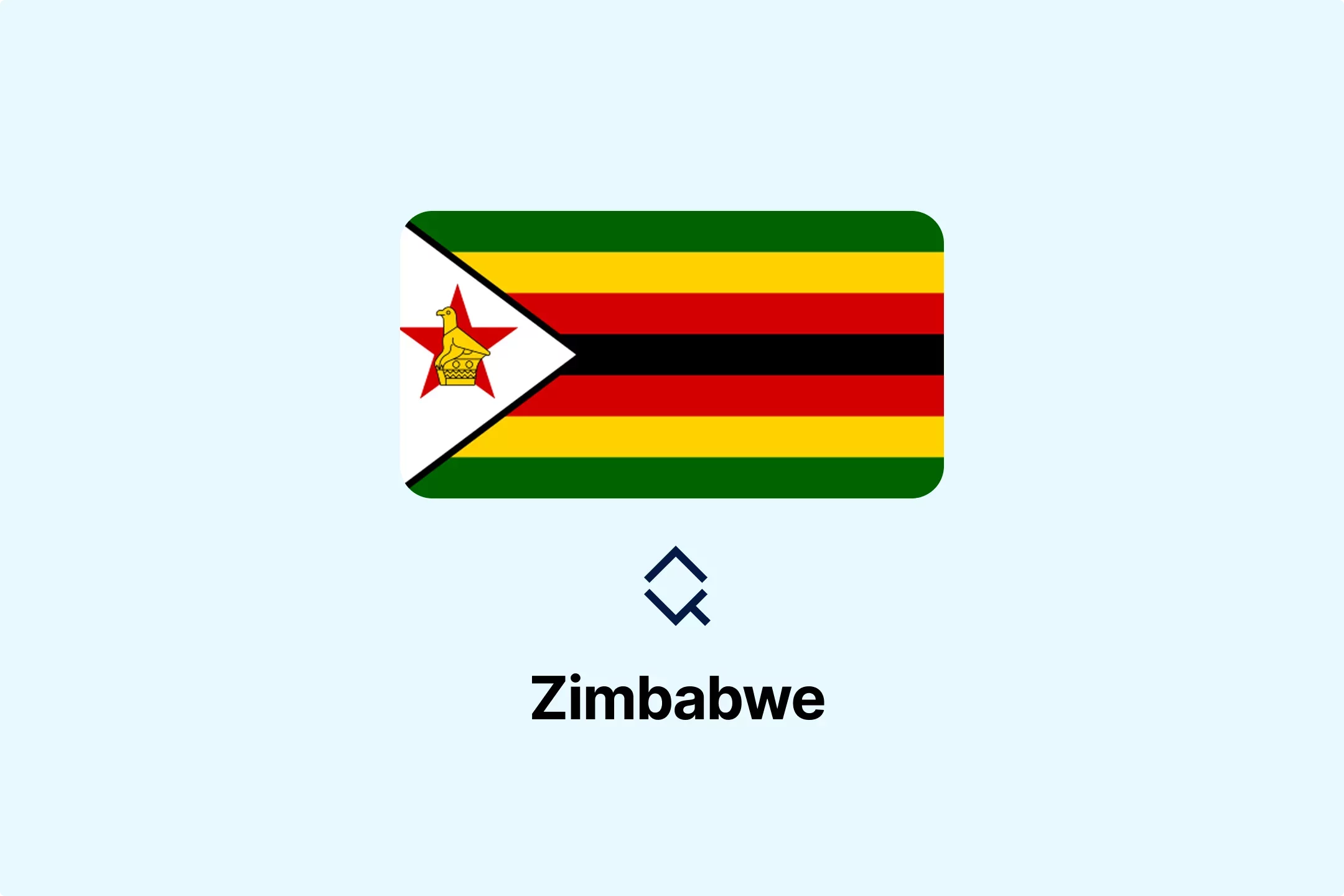

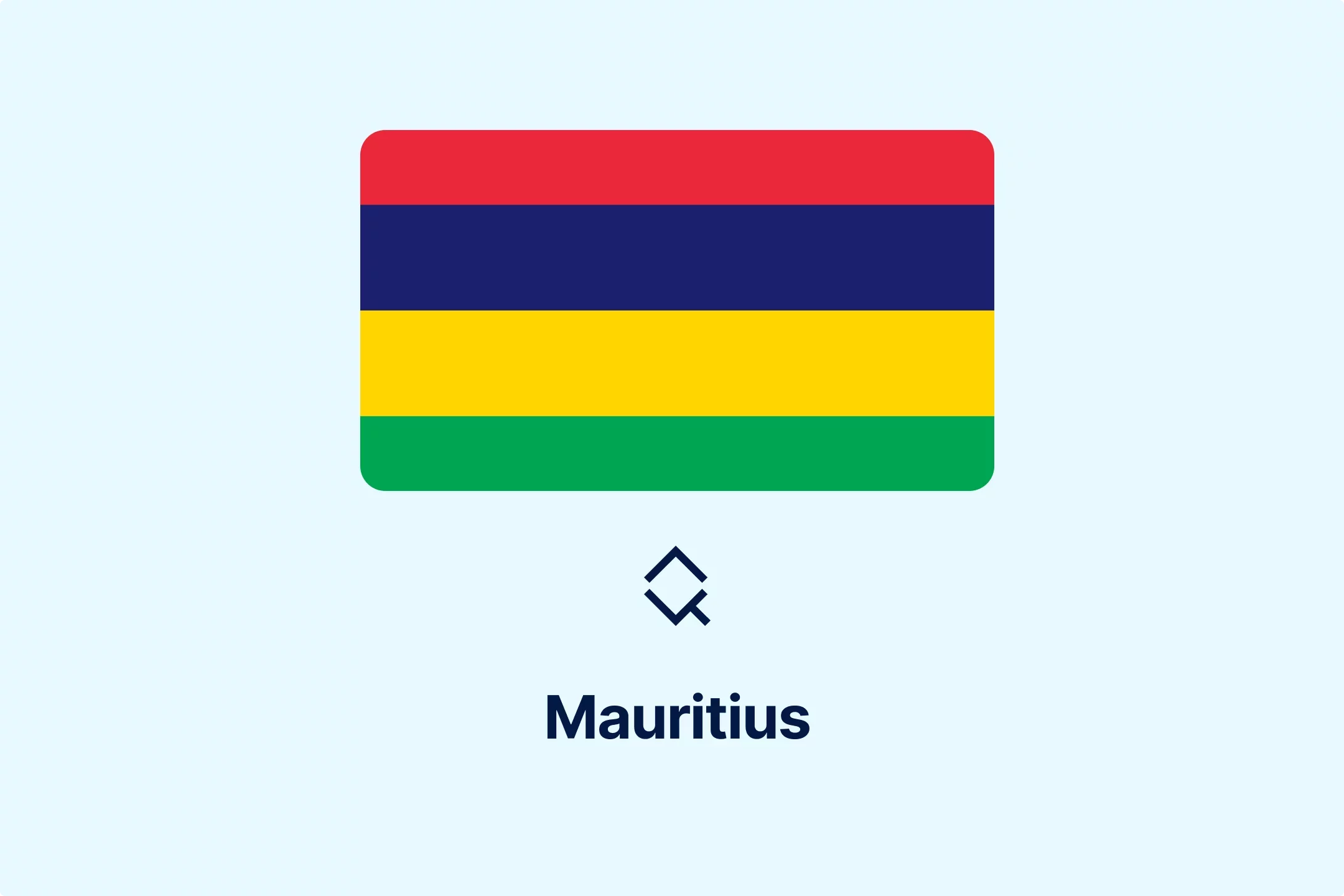
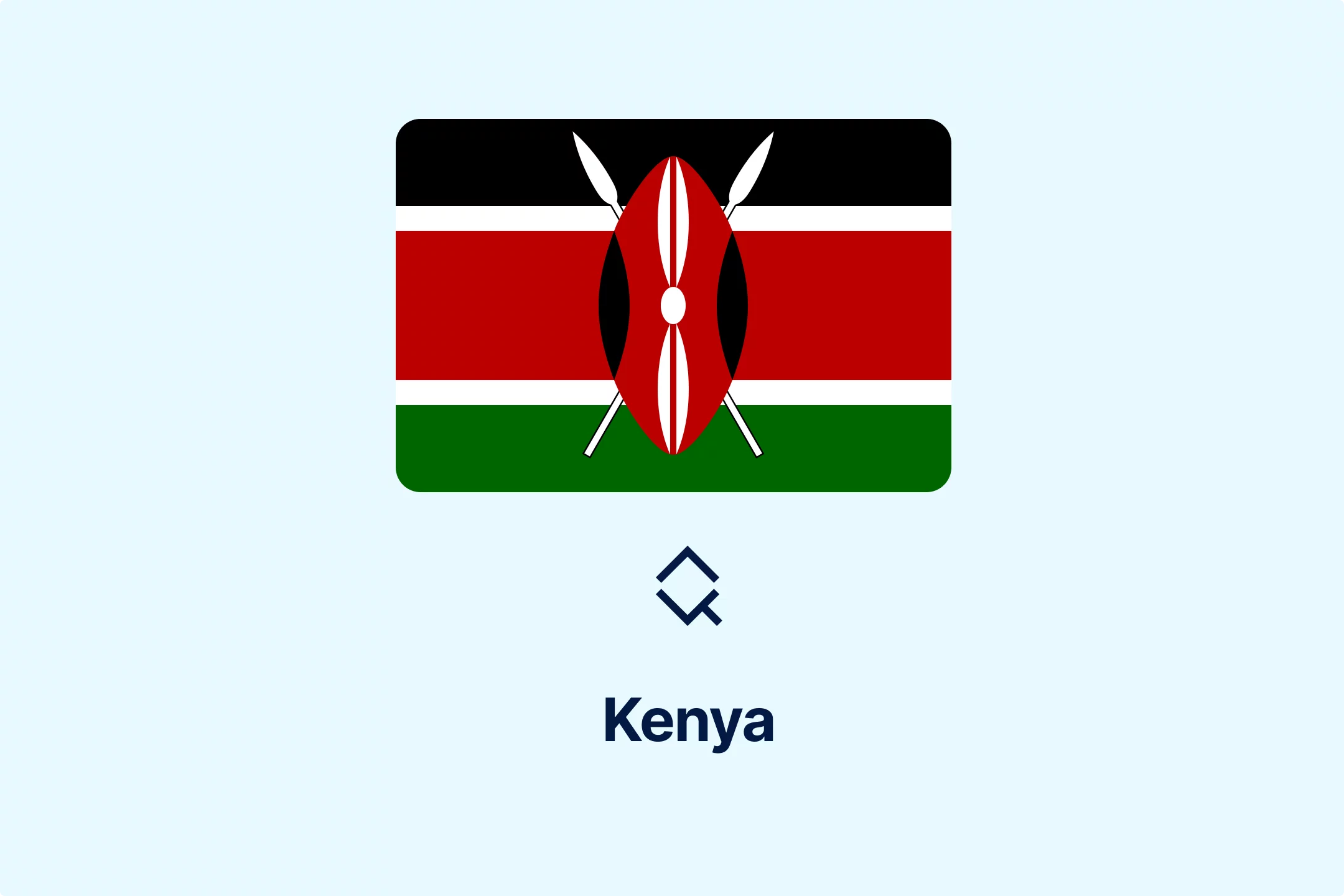
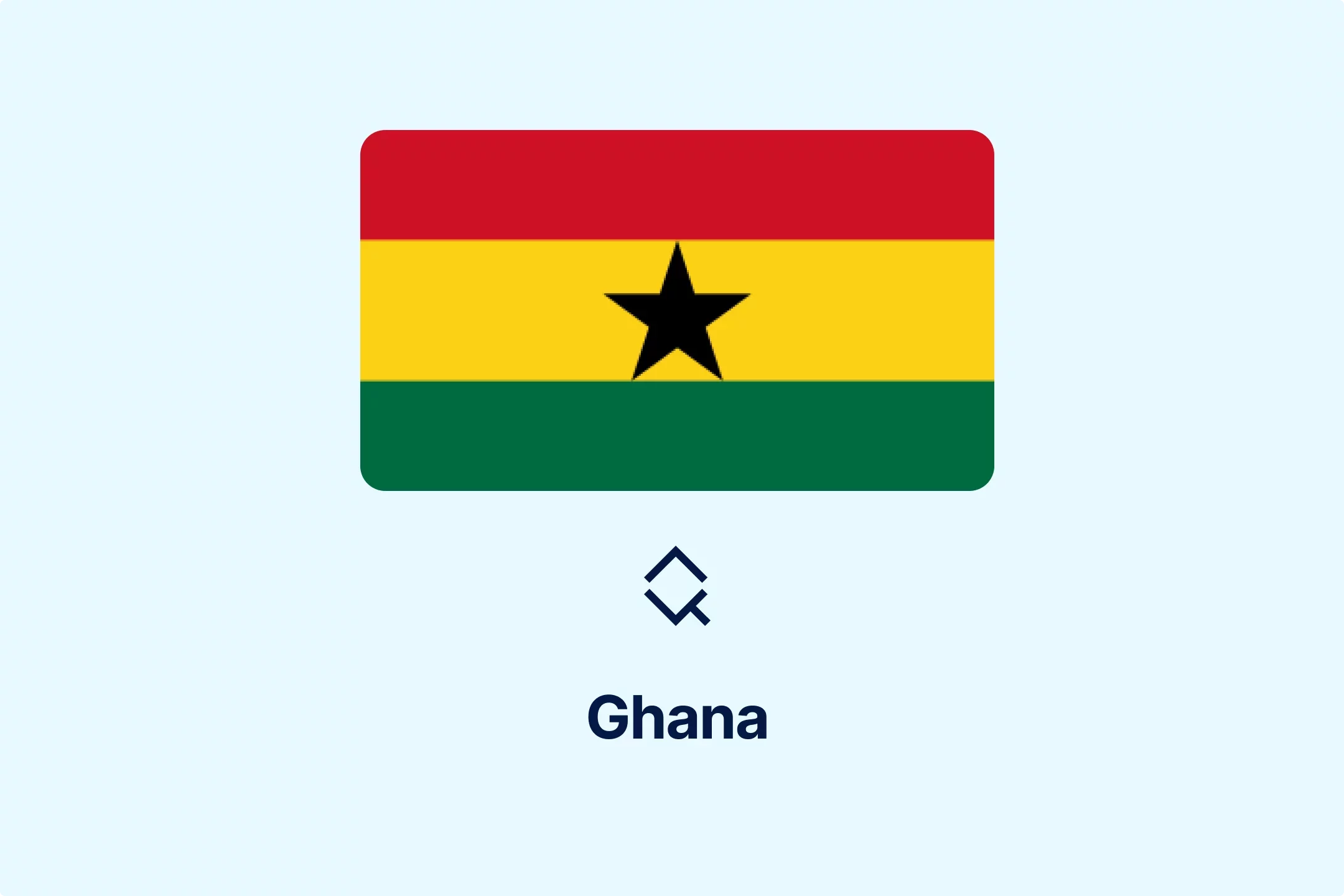
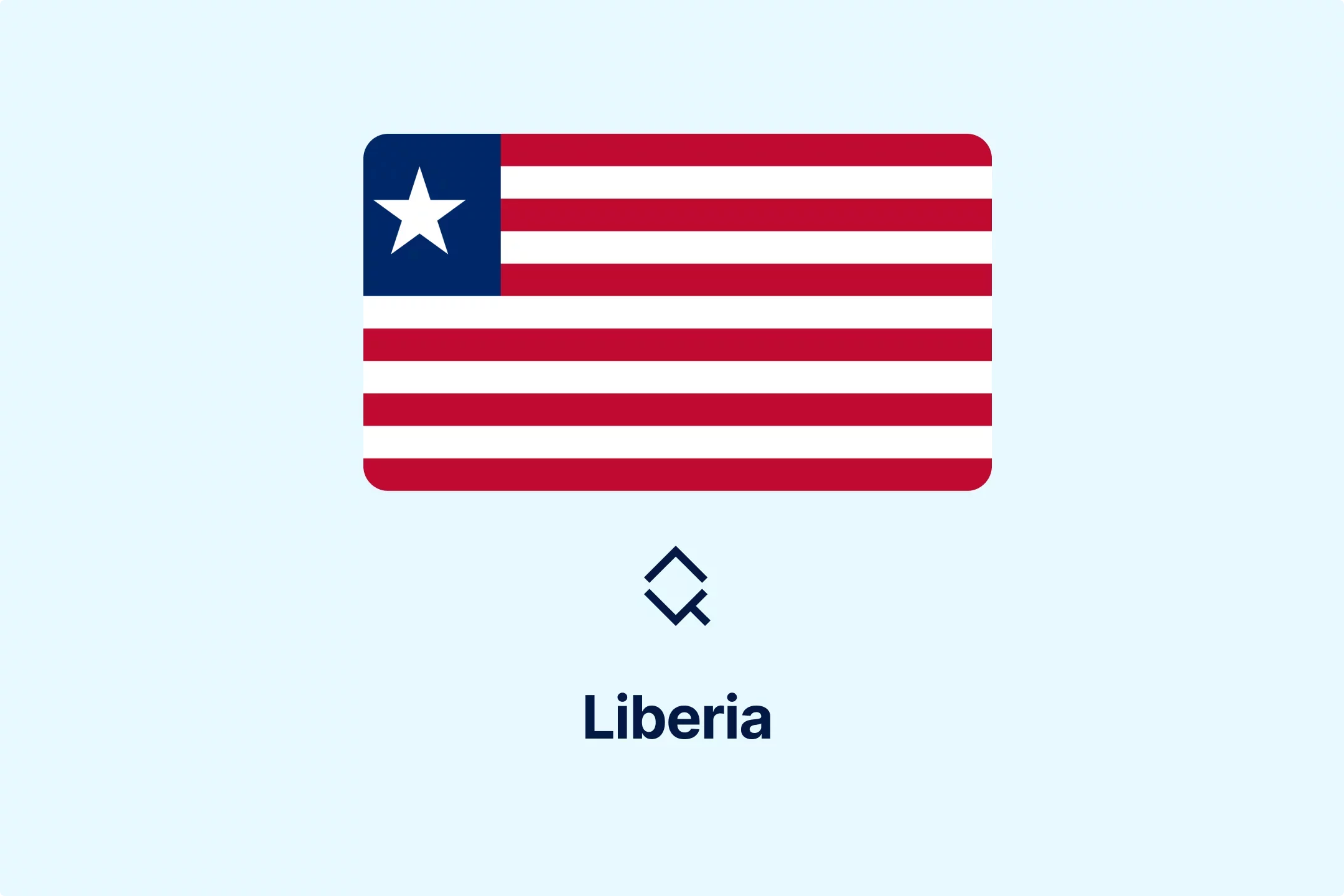
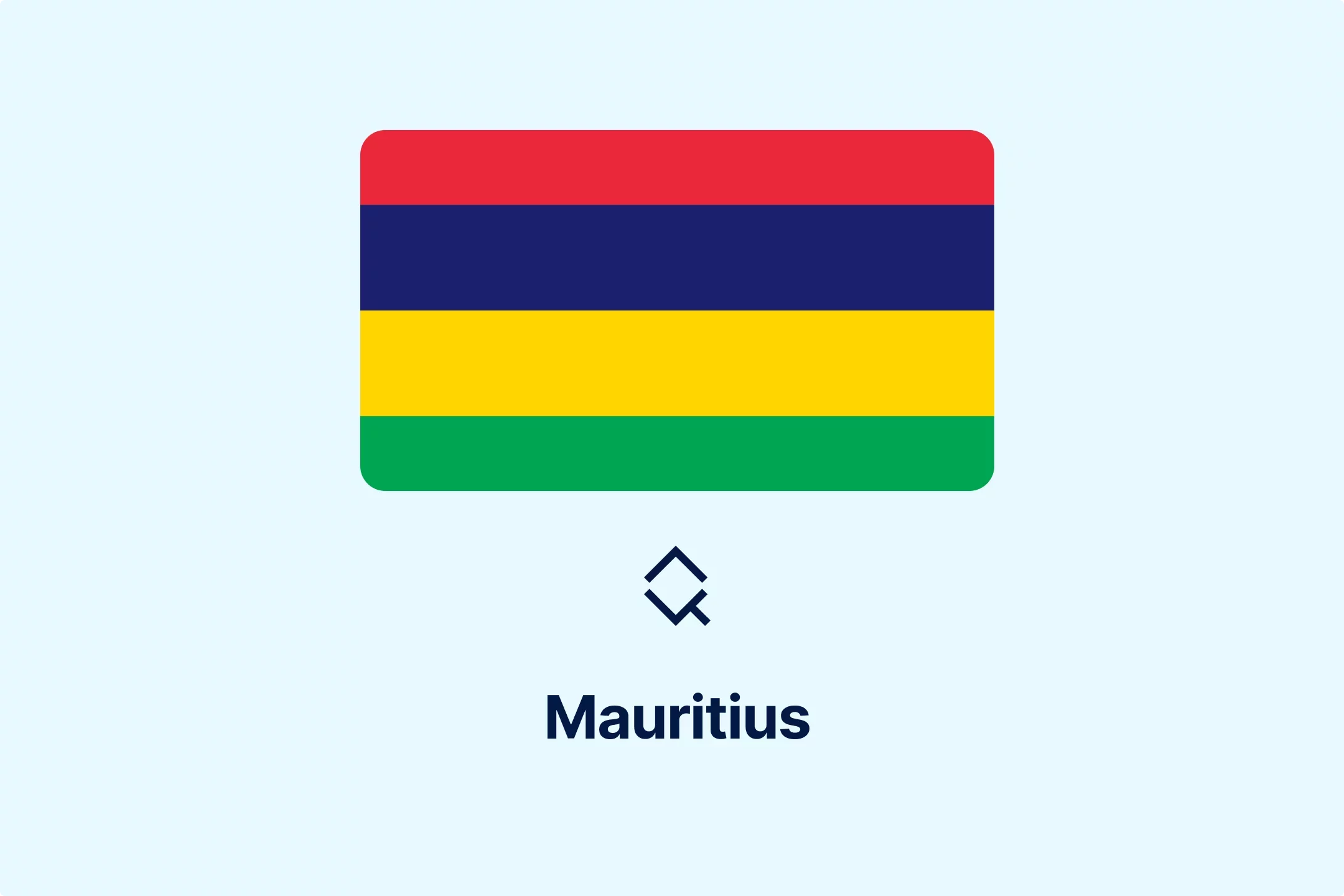
-26y2kxniki.webp)
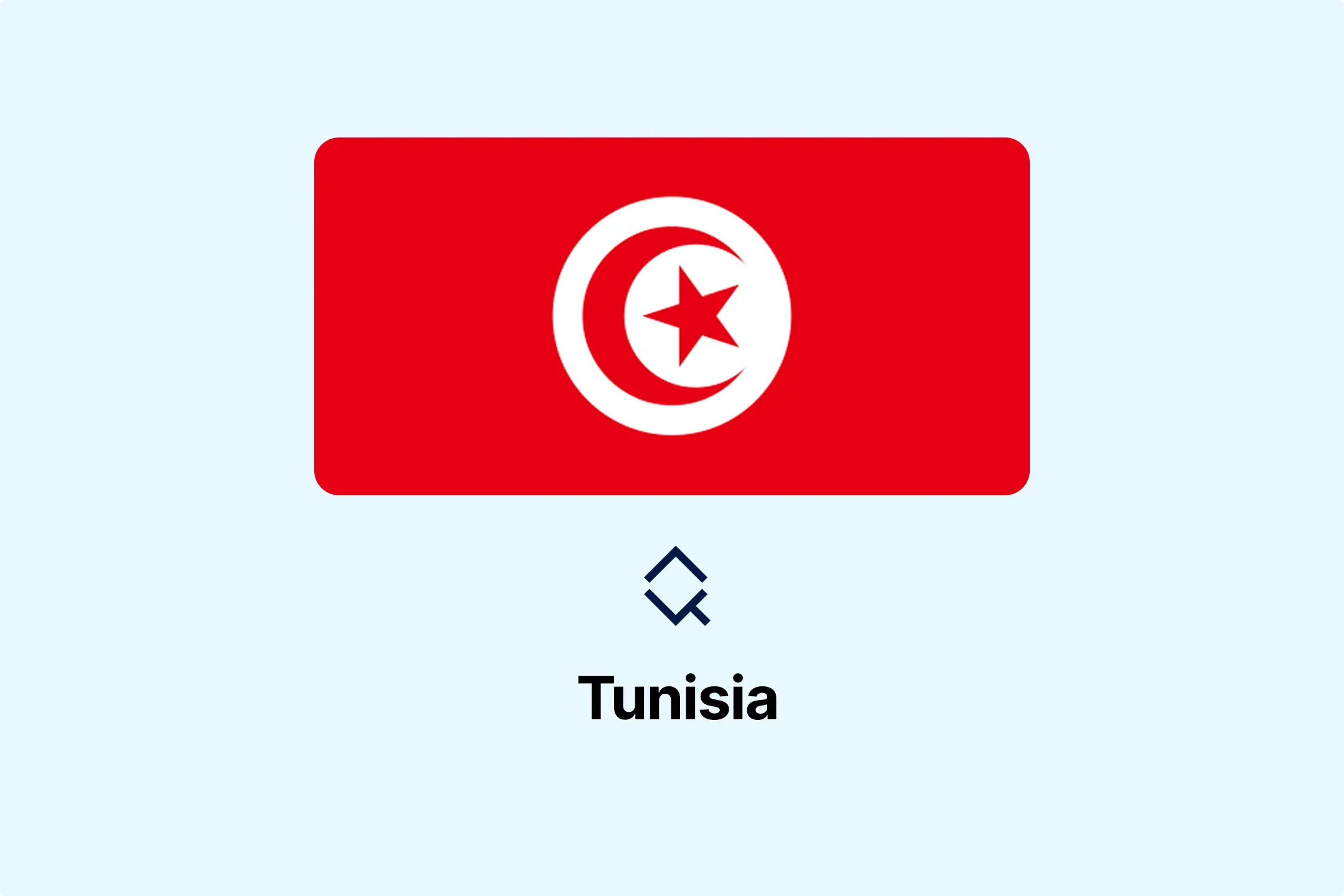




-pyxy31ev4o.webp)
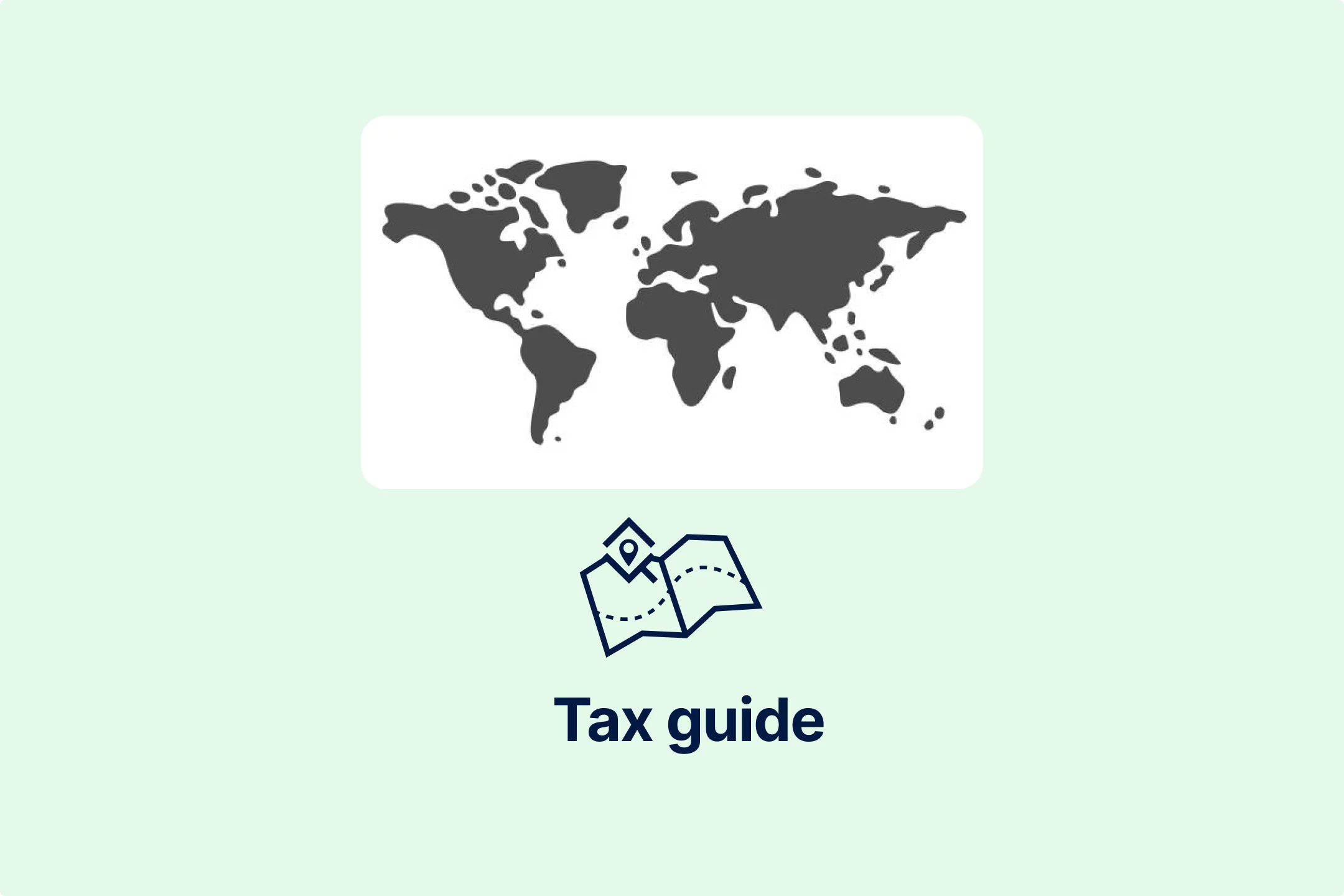
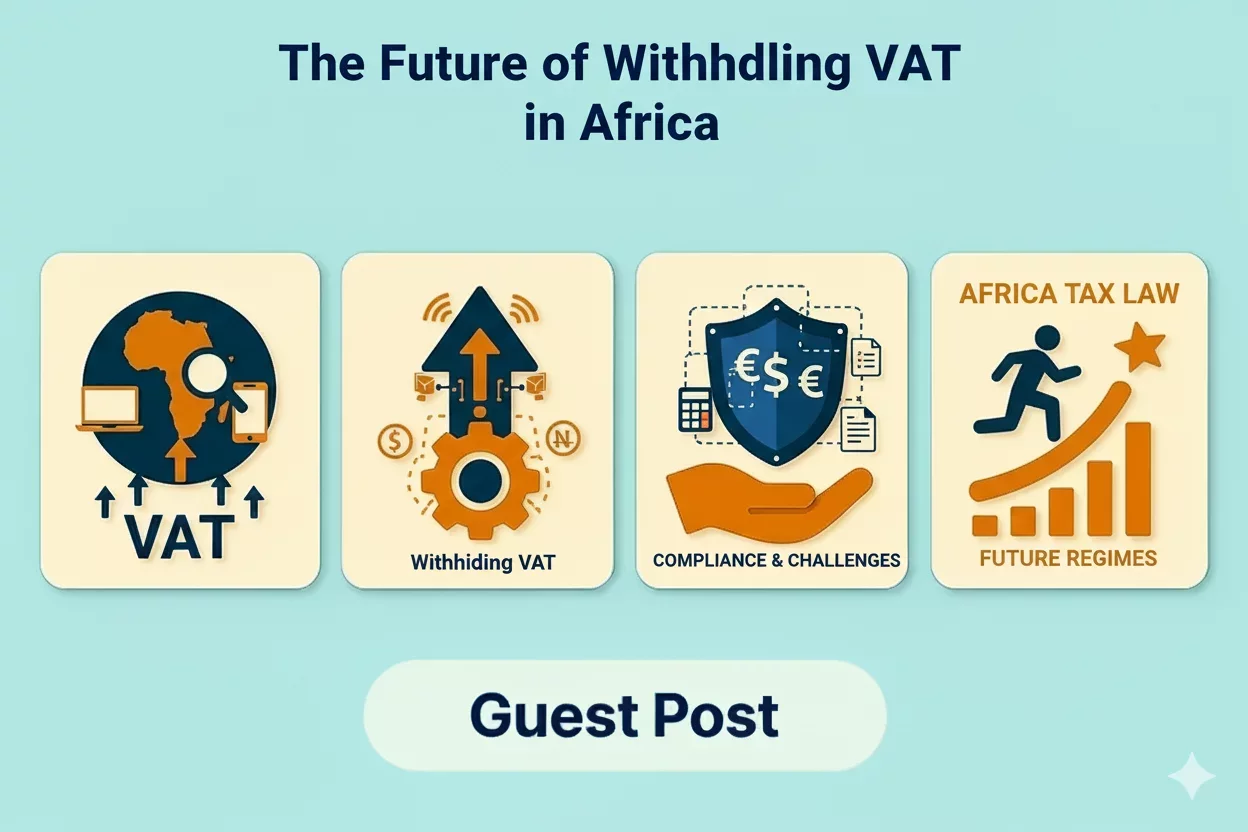
-rsgux3hh8v.webp)
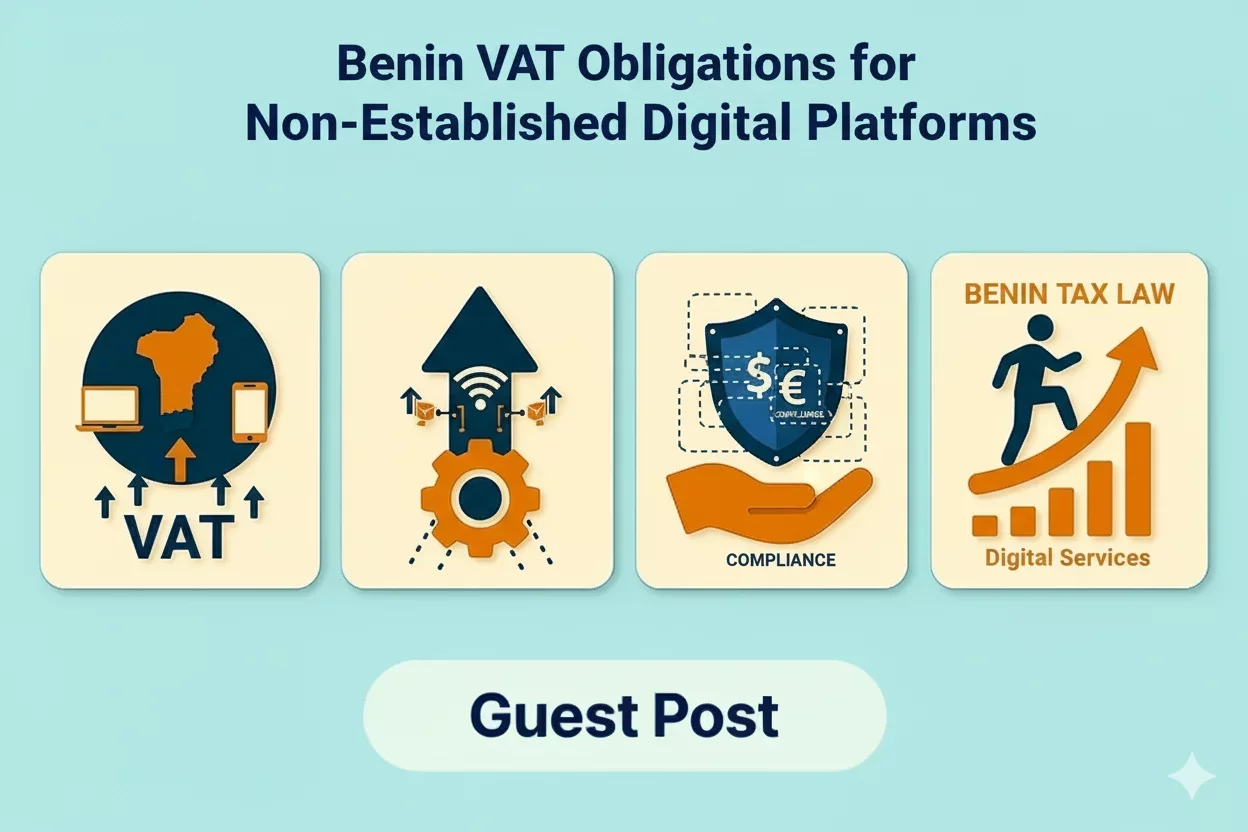
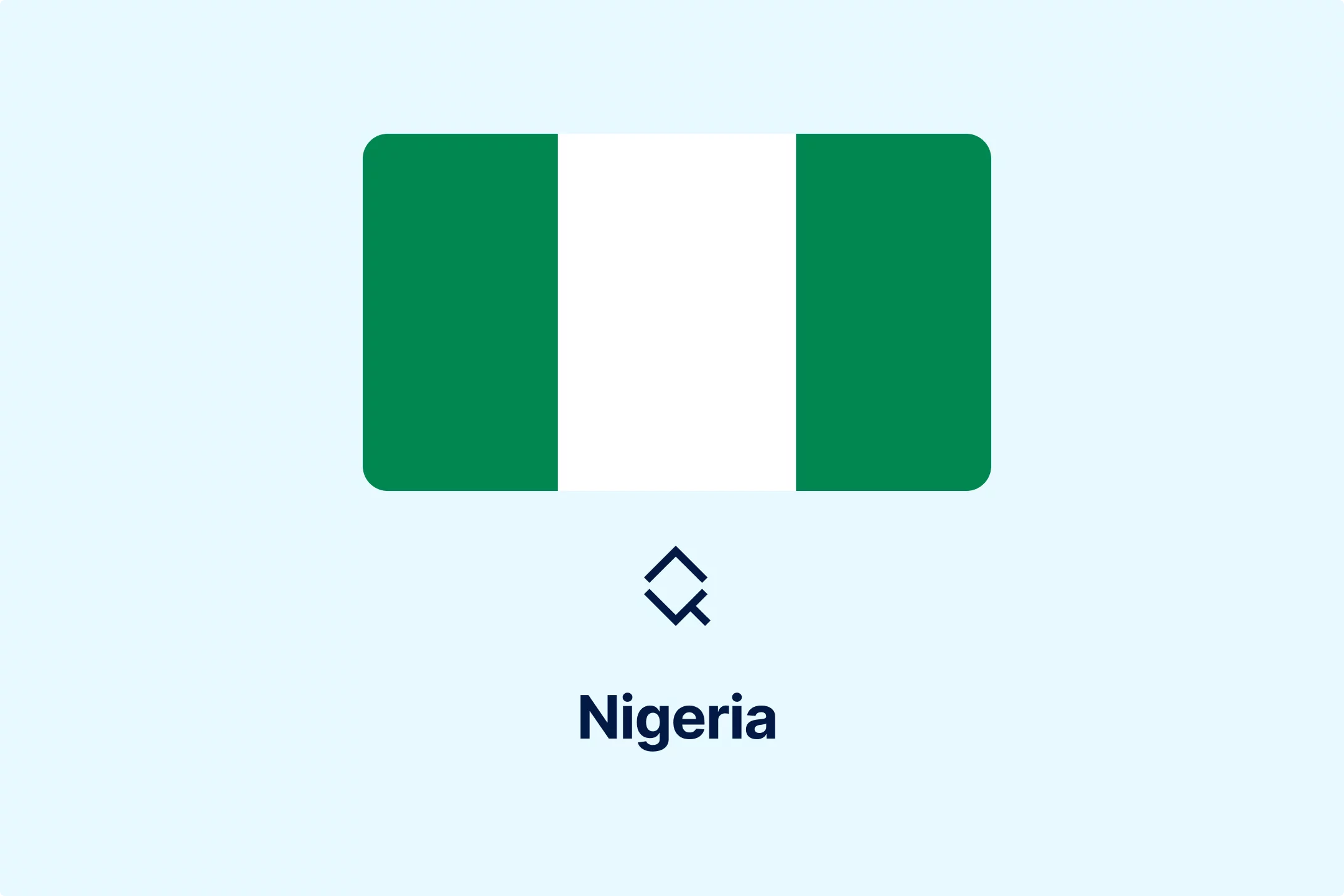
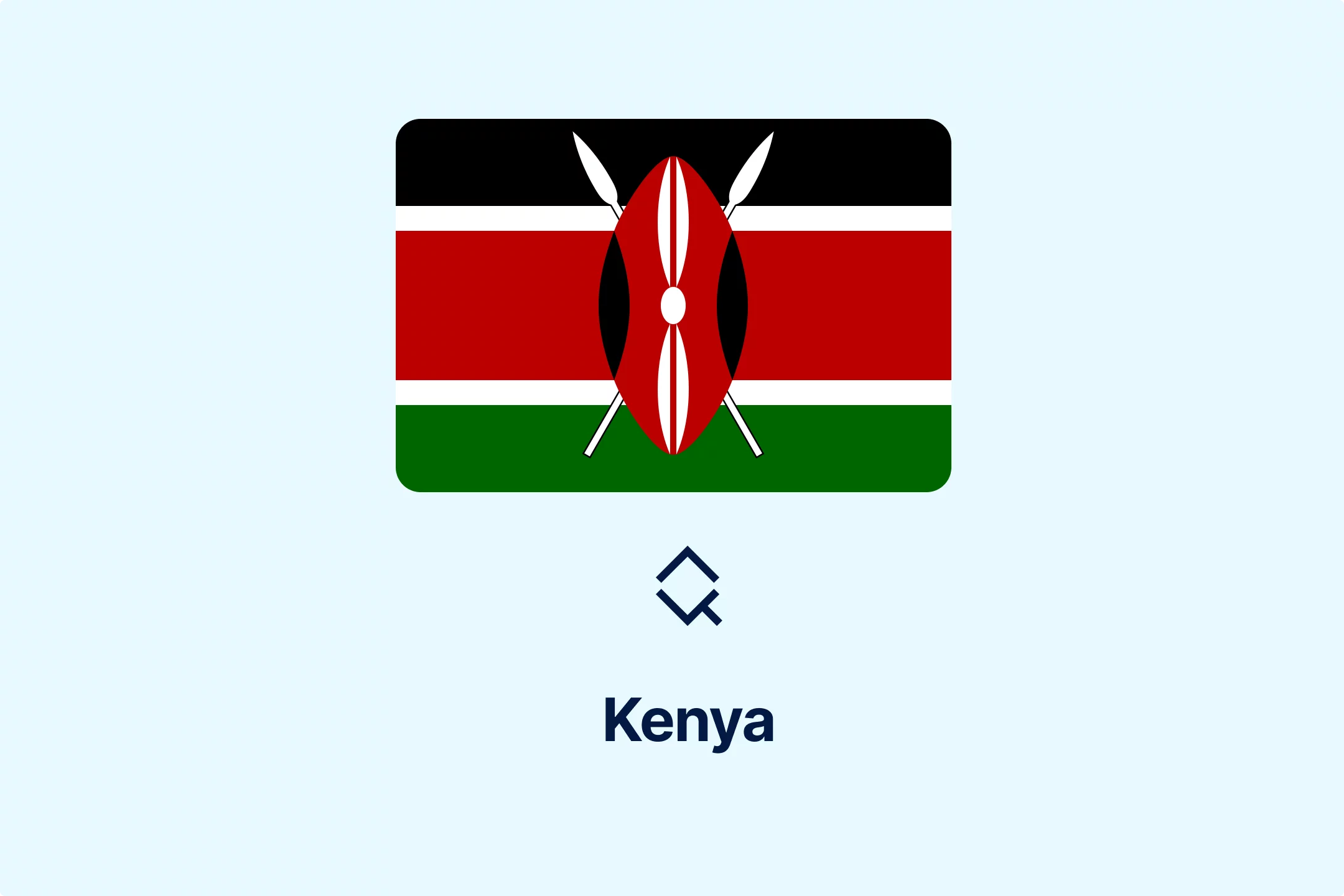
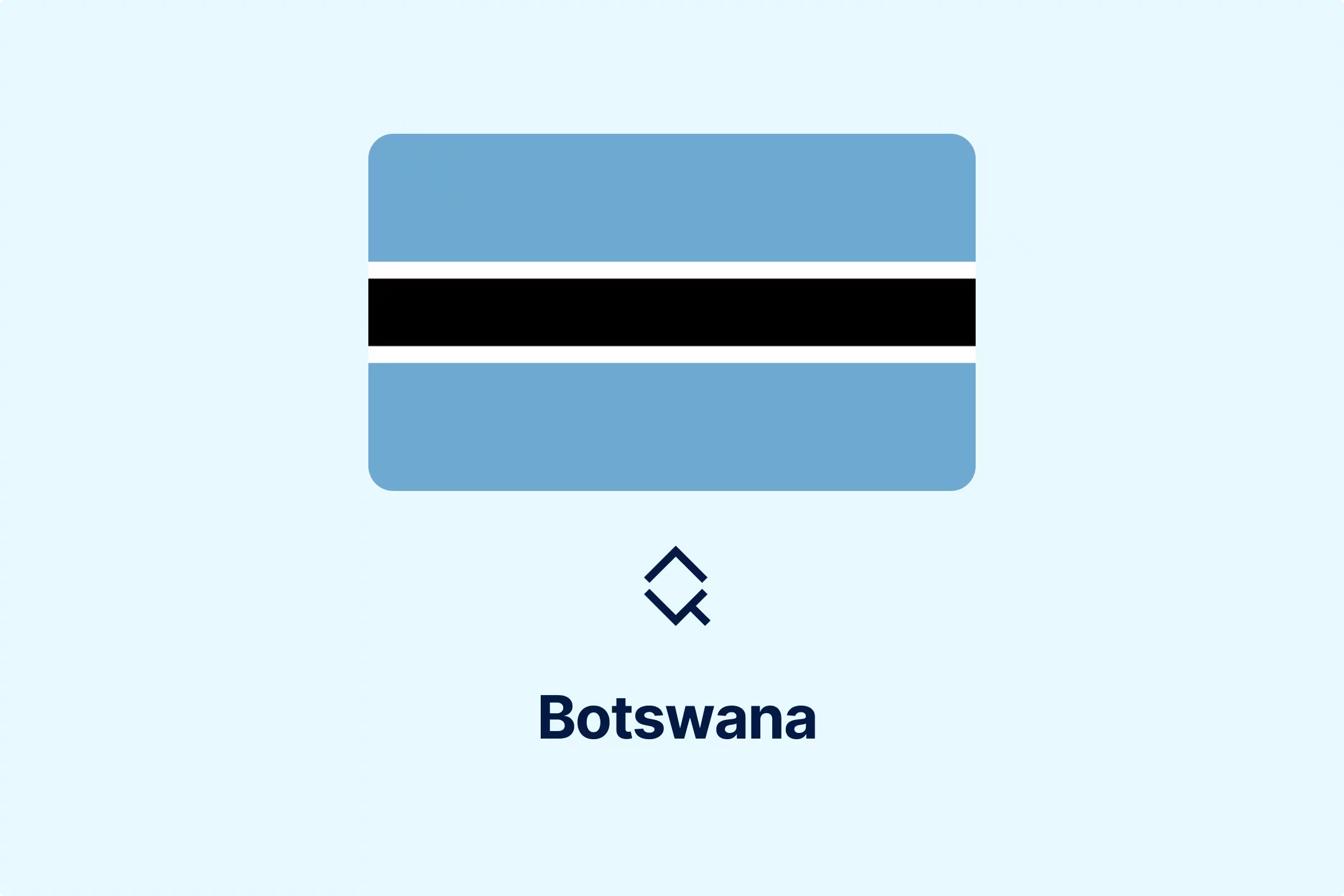
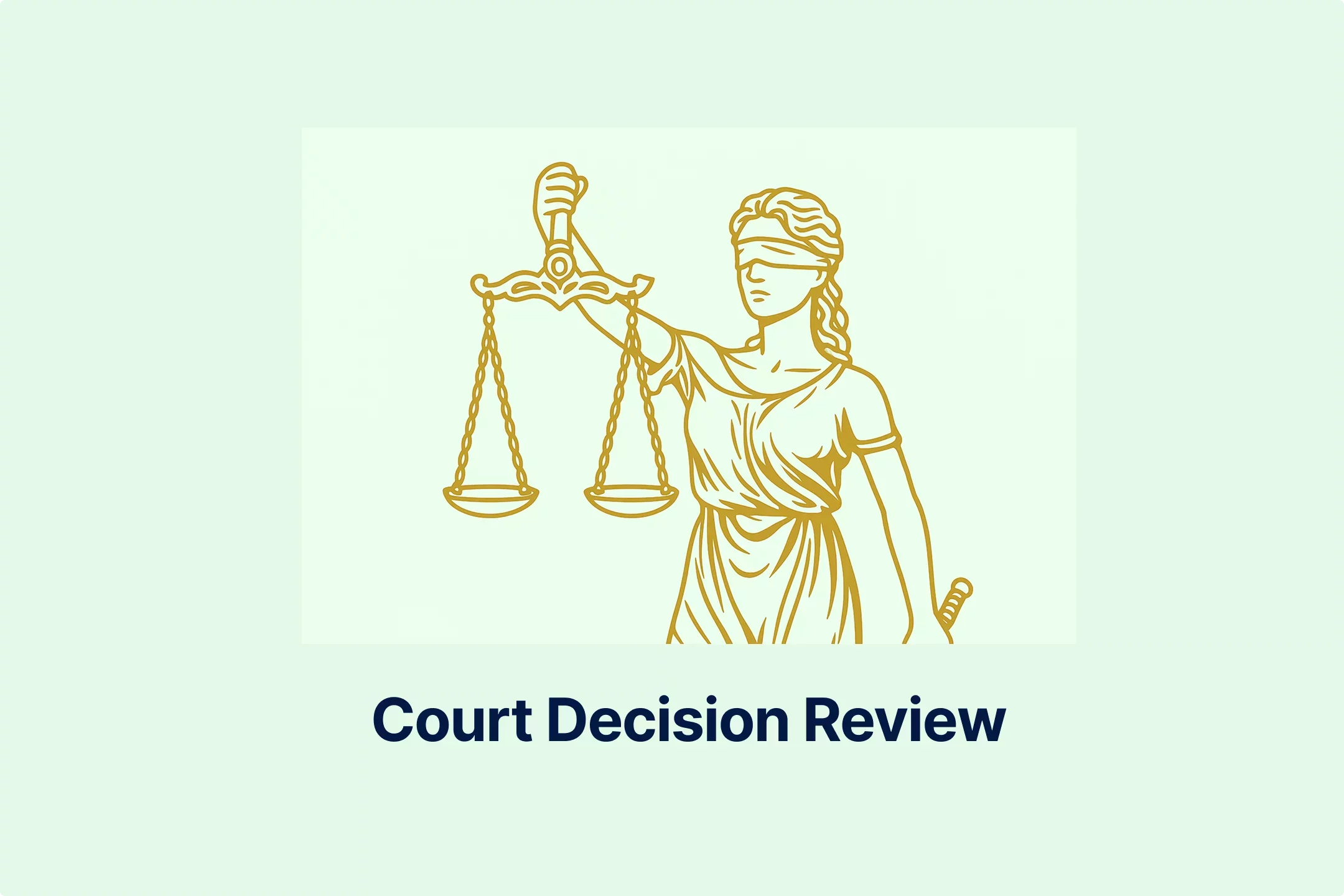
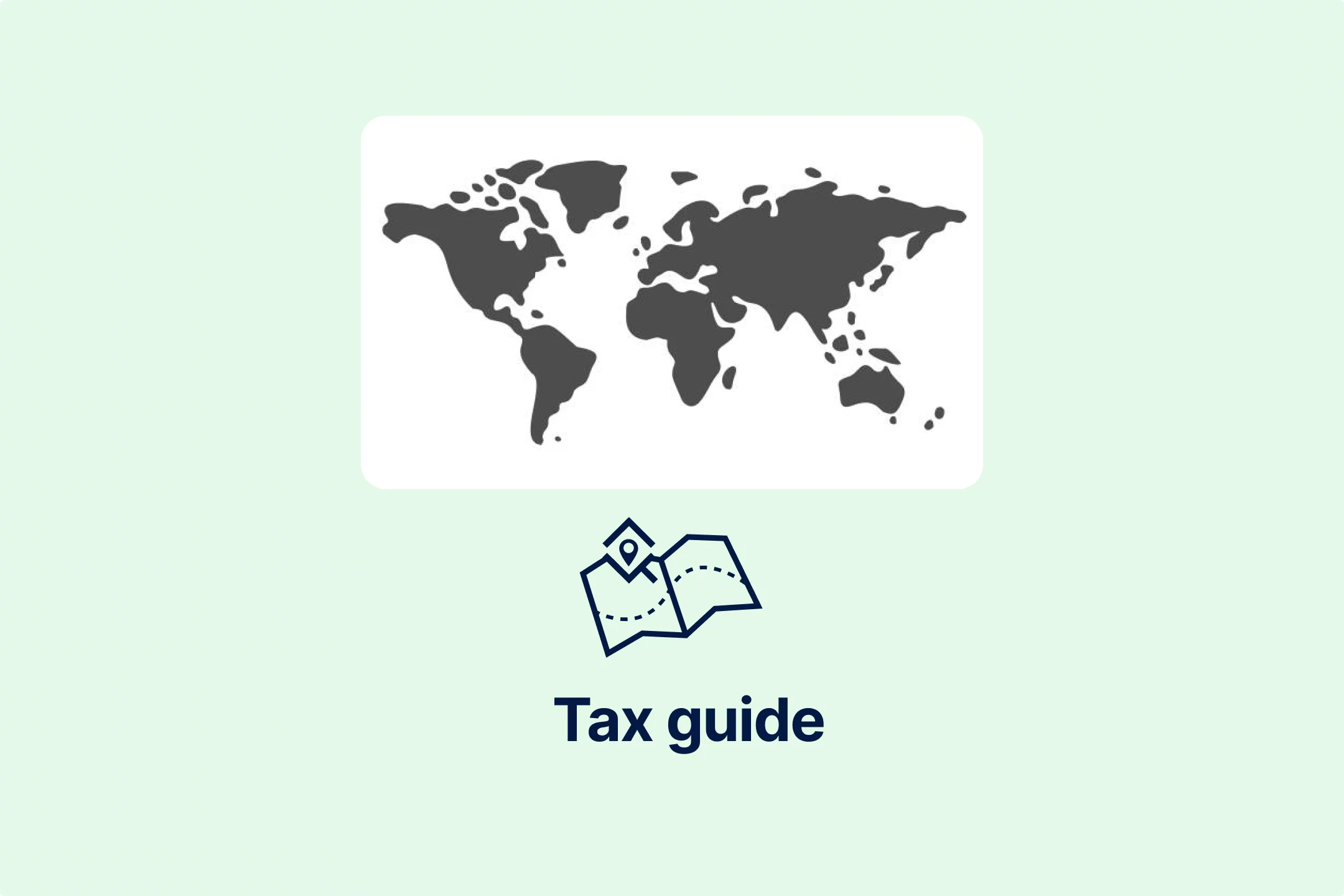

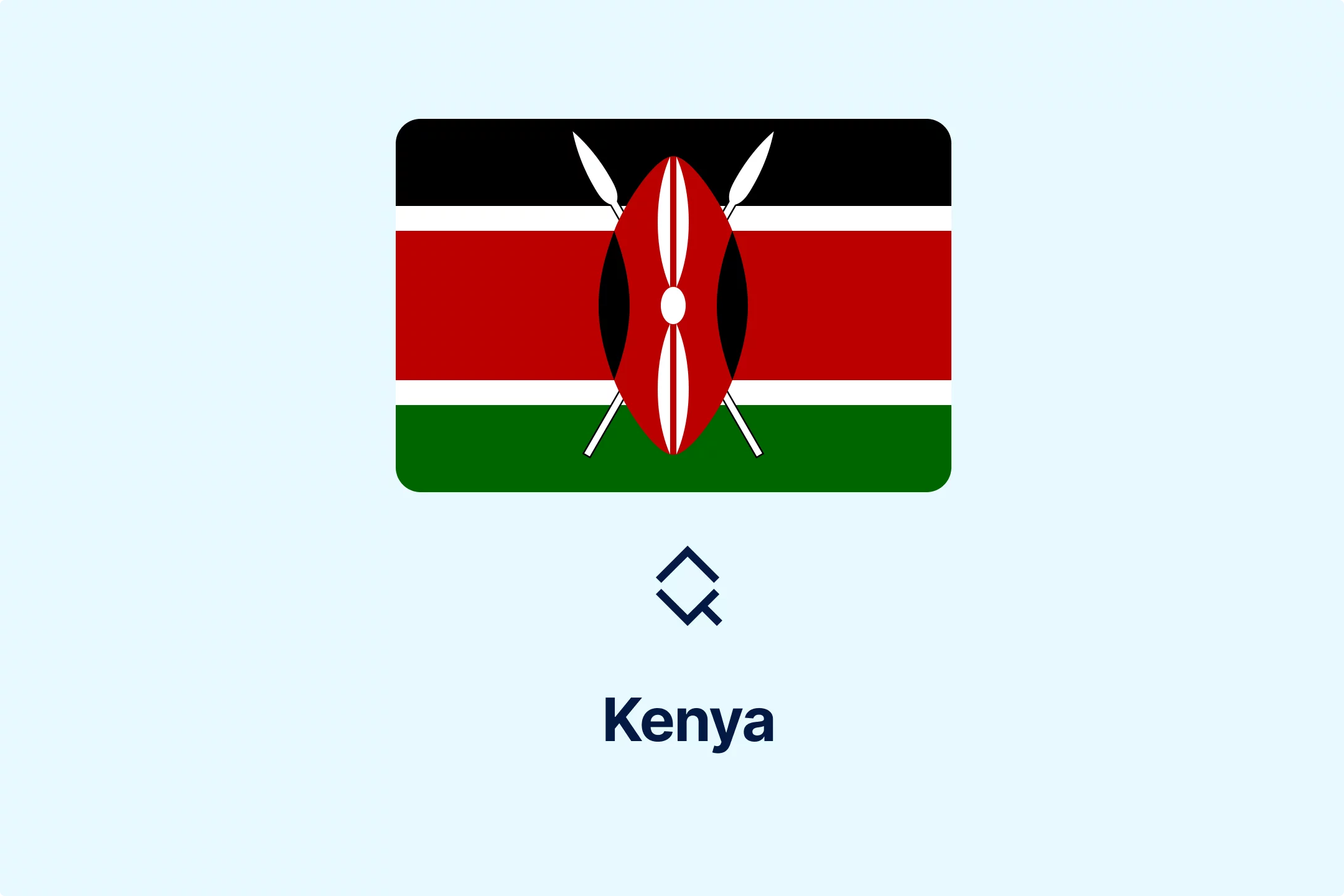
-tc819smrvc.webp)

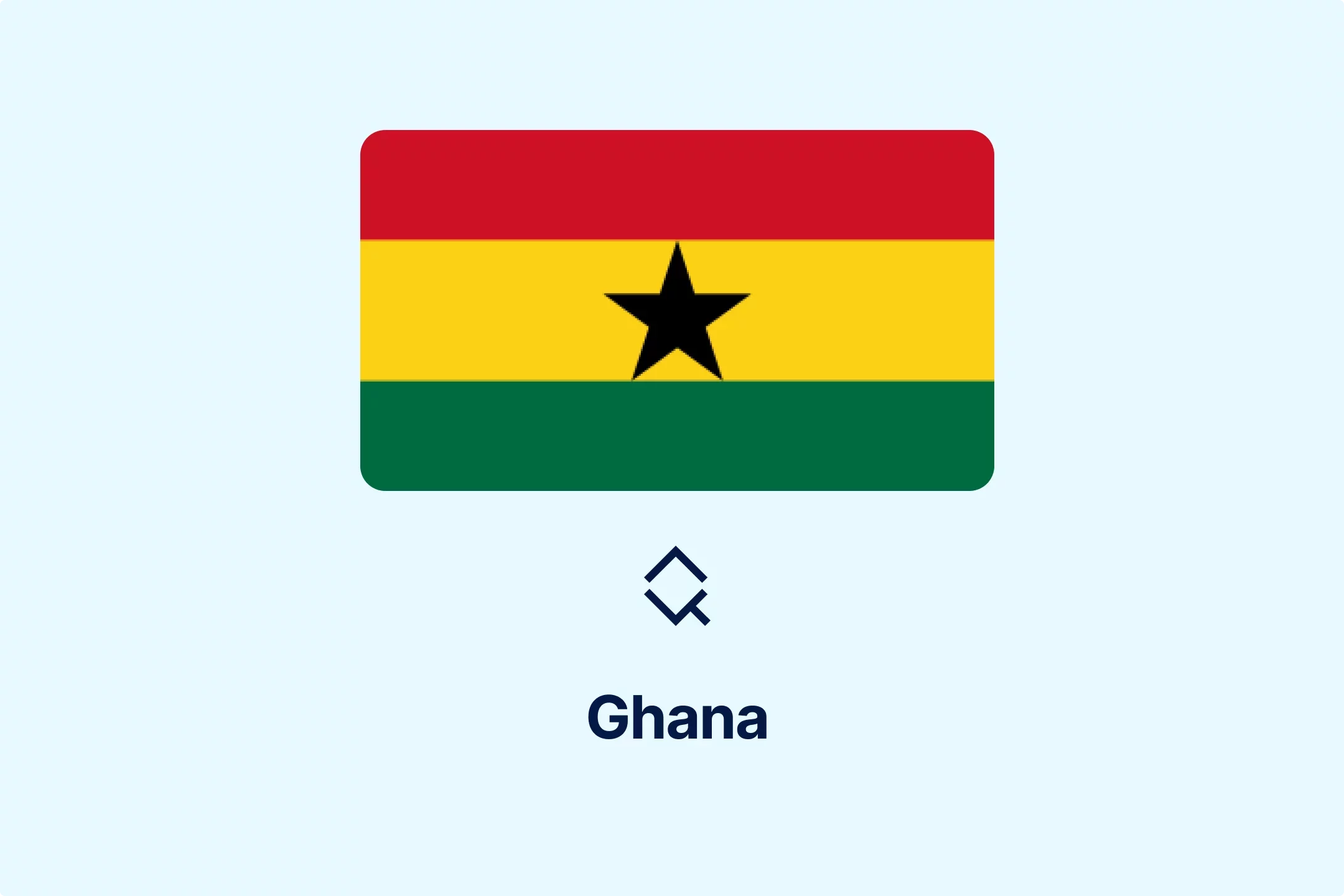
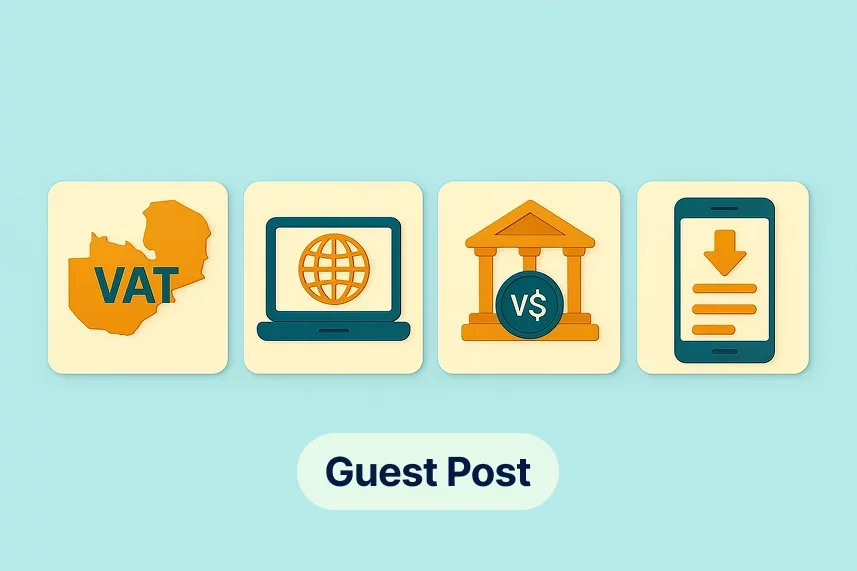
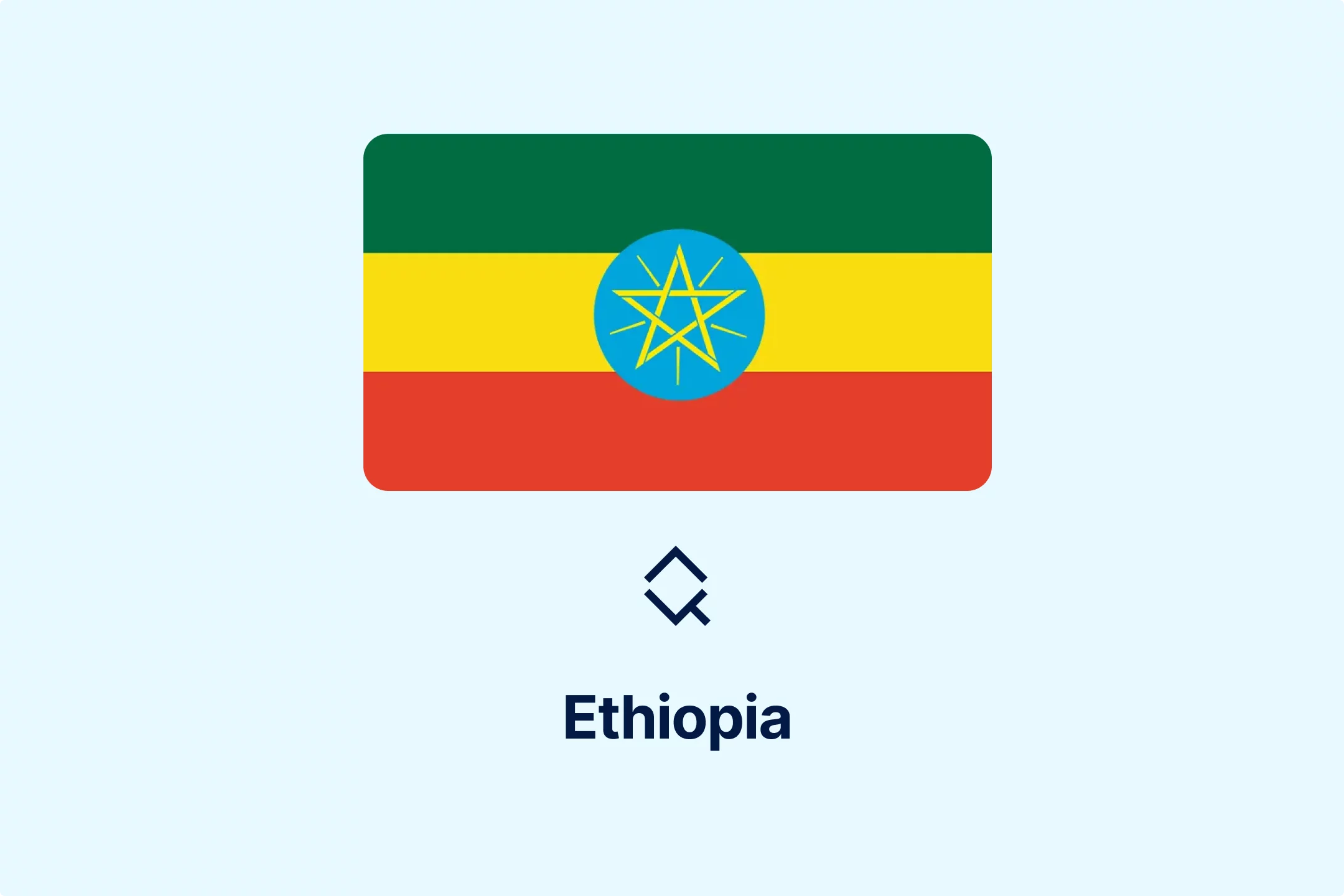
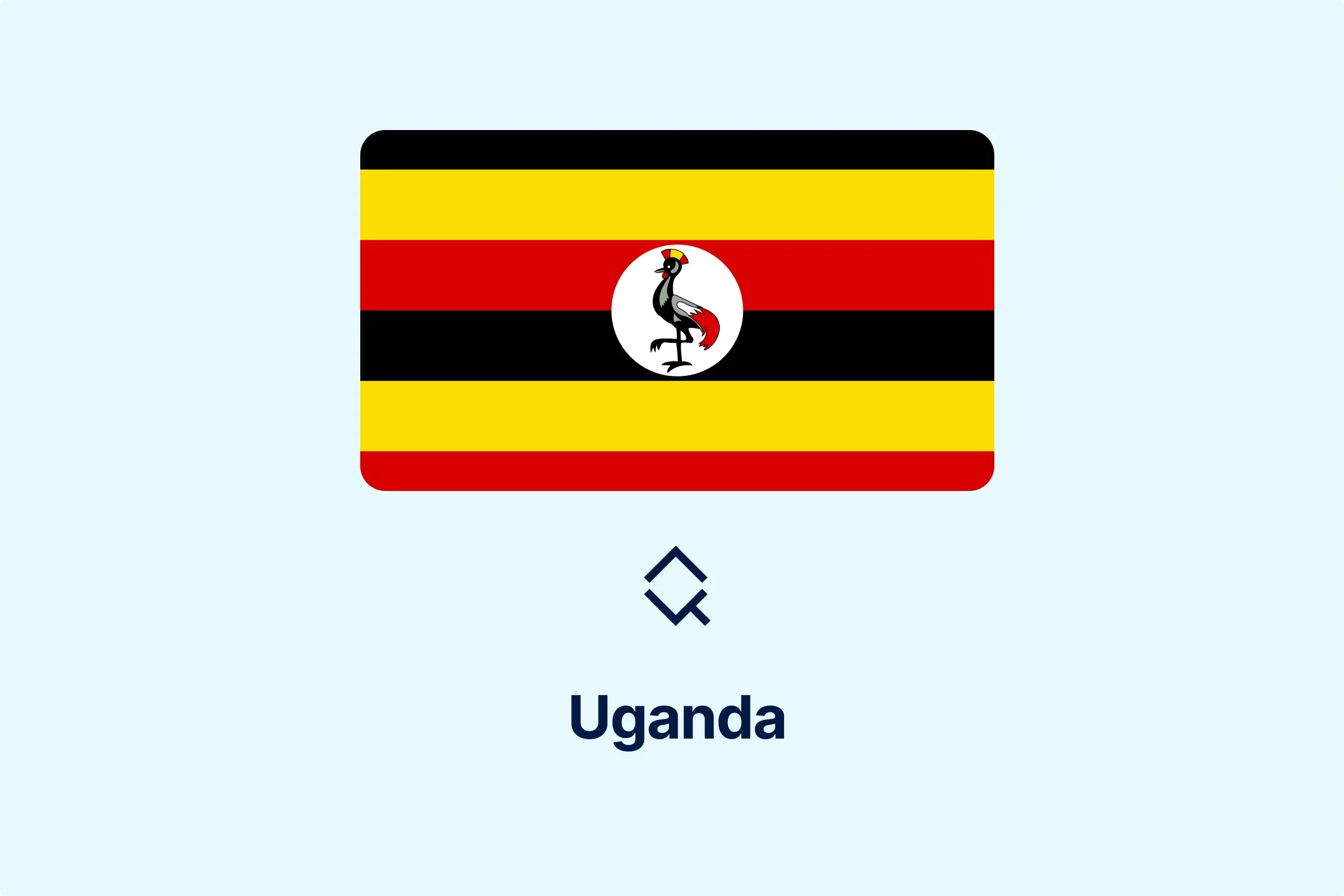
-1lfl8tbv0h.webp)




-sukknzru45.webp)




-5x4vkhcbio.webp)











-4t6t4uj2mm.webp)



-xjs7iob8wd.png)





-enoxc8fdkm.webp)





.png)
.png)








